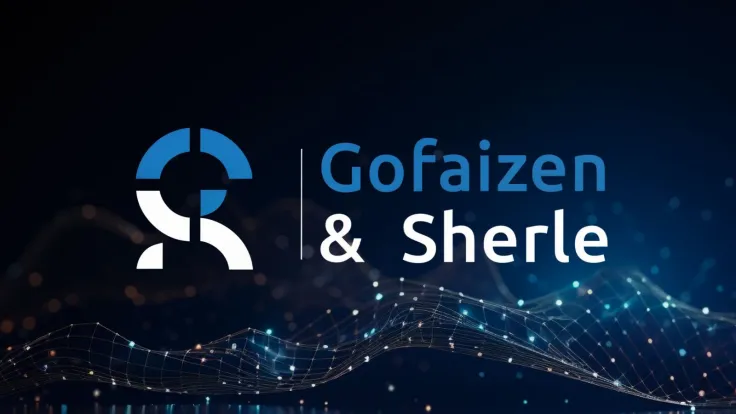
Disclaimer: The opinions expressed by our writers are their own and do not represent the views of U.Today. The financial and market information provided on U.Today is intended for informational purposes only. U.Today is not liable for any financial losses incurred while trading cryptocurrencies. Conduct your own research by contacting financial experts before making any investment decisions. We believe that all content is accurate as of the date of publication, but certain offers mentioned may no longer be available.
Choosing a jurisdiction is the first and most important step in launching any iGaming project. It determines the scope of the markets that this or that app can operate within, its potential audience and level of trust.
Leonid Turok, Head of Forex and iGaming Division at Gofaizen & Sherle, shares the best practices for how to choose a jurisdiction for business with regulatory and operations specifics in mind.
Various markets, various licenses
The first and most important step is to define which markets you need. Every jurisdiction has a list of countries where operators are allowed or prohibited to operate.
For example, so-called strong gambling licenses, such as Malta or the Isle of Man, provide access to the European market, but they are more expensive and require strict regulatory compliance. These licenses remain offshore, or so-called mid-offshore. Although they are located in the EU, de jure they do not grant the right to operate in other member states. However, de facto, if you plan to work within the EU without targeting specific countries, these licenses are the number one choice.
More affordable licenses, offshore licenses like Anjouan, Tobique or Curaçao, allow you to work basically globally as they do not specialize in a certain market or jurisdiction. In fact, you can even work in some of the countries of the EU with those licenses.
Specifics of vertical matters
Different regions are strong in different verticals. This means that if your project is focused on sports betting, you should consider markets where sports are a part of the culture — for instance, Latin America with its football tradition. For casino and slot games, Asian markets are usually more attractive.
Also, the registration directly affects how much players trust the operator. The stronger the jurisdiction, the higher the level of trust. Players know that the operator must follow the rules and pay out winnings.
Building trust among partners
Even if the cost or timing of obtaining a license is similar across jurisdictions, their "weight" can vary. For instance, the Maltese license is considered one of the most prestigious.
When planning cooperation with game providers, it is important to take into account their AML and KYC requirements. The more solid license you have, the wider opportunities and more options for banking/payment providers you get.
Also, Turok shared a checklist designed to help entrepreneurs choose the right jurisdiction for their businesses.
- Markets: In which countries do I want to operate? Does the chosen license allow access to these markets?
- Business model: Is my product sports betting, casino, slots, crypto games or a mix? In which regions is this format most in demand?
- Players: How important is player trust in my brand? Will an offshore license be sufficient, or is a tier-1 jurisdiction necessary?
- Partners: Which game providers do I want to work with? Will they support the chosen license? Are banks and payment systems ready to open accounts for this jurisdiction?
- Finance and strategy: Am I ready to invest more for prestige and long-term growth? Or is my goal to enter the market quickly and test the concept?
Wrapping up, jurisdictions define the markets you can target, the level of player trust, the interest of partners and your long-term growth opportunities. The more carefully you approach this step, the stronger your business will stand in the future.
Gofaizen & Sherle aims to make complex legal matters in iGaming simple and transparent for business success.
 Arman Shirinyan
Arman Shirinyan Dan Burgin
Dan Burgin Alex Dovbnya
Alex Dovbnya Denys Serhiichuk
Denys Serhiichuk